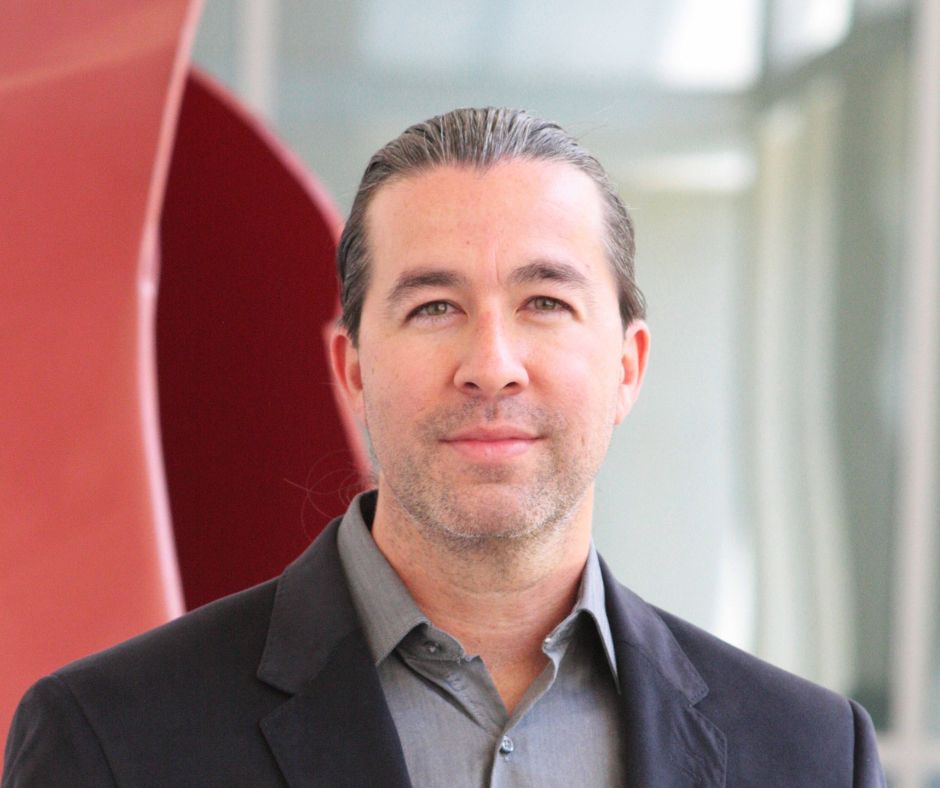Since the University partnered with Not In Our Town, it seems like most of the issues of discrimination that have been brought to attention have been pretty black and white, literally.
Still, the pledge available on NIOT’s University webpage encourages all members of the University and Bowling Green to end hate on the basis of any discrimination, including gender, ability, class or “any other factors.”
One of these other factors could be age.
Ageism is defined as any acts of discrimination or stereotypes based on age, said Charles Stelle, professor of gerontology.
“I don’t think enough people in our community understand that [NIOT is] not just about race,” said Emily Monago, director of Multicultural Affairs and member of NIOT’s steering committee.
Monago said that NIOT is not here to be a “rapid response” group but to advocate for people who are faced with discrimination and bring awareness to what they’re going through.
Students who may feel affected by ageism on campus are those who fall out of the traditional college aged category, specifically over the age of 24 according to the Institute of Education Sciences.
“We’re here to offer support,” Monago said, “We have that infrastructure in place that we can be aware once [discrimination] is reported.”
The universality of ageism could be one reason that Not In Our Town hasn’t heard any calls to fight for the plight of the aged, Stelle said.
“Since we rolled out Not In Our Town in April of last year, we haven’t [had] anyone come to us as far as issues of ageism,” Monago said.
Ageism seems to be a topic that is either widely accepted, or just not heard about.
“I think it’s one of those topics that a lot of people don’t think about and it’s one of those levels of discrimination that’s still more acceptable,” Stelle said.
But much of what may be going on in terms of age relations on campus doesn’t fall into the category of ageism in Stelle’s opinion.
“There’s a pretty big divide in many cases between traditional college aged students and non-traditional college aged students that can create an age barrier and I don’t necessarily consider that as ageism,” he said.
He attributes the “divide” to the different lifestyle a lot of older students have compared to traditional-aged students. They often have family commitments that prevent them from becoming involved in the campus community.
“The more we can do to create a welcoming environment into those extracurricular activities … it can be beneficial to have people who have experiences and other skills to bring to the table as part of those organizations, but sometimes when you have a family to take care of you can’t stay [for a 6 p.m. meeting], for example,” Stelle said.
He thinks that reaching out to an older community and increasing their attendance at the University will profit students of a more traditional college age.
“I think it will be really helpful to students to add another layer of diversity in the classroom,” he said.
Every traditional-aged student does not necessarily recognize that distance described by Stelle.
“There a couple of non-traditional students in the gerontology program and in my experience, we treat them as normal students,” said Morgan Bunting, president of the Gerontology Student Association. “But for us we traditionally think of ageism as happening to 65 and older. It happens over a whole life-span so it is important to think about non-traditional students.”
Amy Puffenberger is a 42 year old junior and navy veteran who is attending the University using the post 9-11 GI Bill. She represents a distinctive case within the grouping of older college students because the bill, her retirement and not having had any children has allowed her to have a more traditional college experience.
“I’m able to be involved and I wanted to be involved because I really wanted a more traditional experience,” Puffenberger said. “I’m learning that I’m pretty unique in that regard.”
Puffenberger advocates for students like herself though her role as the non-traditional student senator for USG.
“Through my role in USG and my interest in non-traditional students, because I am one, I’m really interested in making the non-traditional student experience better,” she said.
Through reaching out, she has learned that some older students have issues with going to professors that are younger than them for help and don’t always feel connected to the material. Puffenberger herself has had problems with connecting to traditional-aged students the way she wanted to when she came to the University.
“I have to admit; I thought it would be easier to connect with other students,” she said, “I feel pretty isolated a lot of the time. I don’t have anybody that I eat lunch with regularly or things like that to connect.”
Puffenberger said there is always more the University can do to be more inclusive of the older student population. She is looking into the possibilities of starting a non-traditional student group and ways to get technology resources out there for older students, for example.
“There’s a part of that population that’s returning to school that is unfamiliar with the technology,” she said.
Puffenberger said she wants other non-traditional students to know that there are other people at the University like them for support and help through their college experiences.
She believes the University still has some work to do to become totally inclusive.
“I think the things that are happening are wonderful with Not In Our Town and the Call To Action … But, we do need to move beyond just the race component of diversity,” she said.
According to Puffenberger, part of the problem is many non-traditional students don’t know where to go or how to take advantage of the resources available to them. Many of the resources the Office of Nontraditional and Transfer Student Services offers Puffenberger was not aware of or did not use. There is, for example, a prior learning assessment the University recognizes to take into consideration, like work experience.
Whether they’ve felt discrimination or not, the experience of a returning or first time college student that falls out of the “normal” age range is something Puffenberger said should be celebrated.
“This may seem insignificant, but something I want to convey to other nontraditional students is to get involved a little bit,” she said. “Go to an activity or two and wear your BG gear. Be excited about being in school because it’s cool to be in school when you’re older.”















